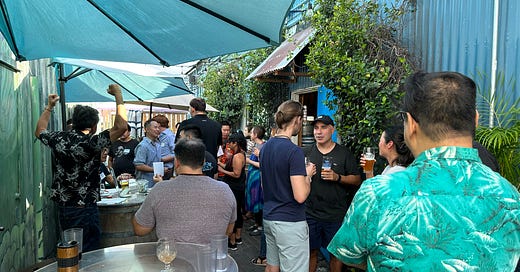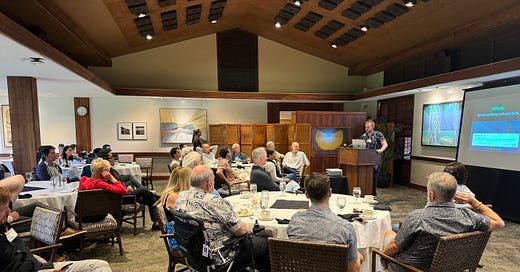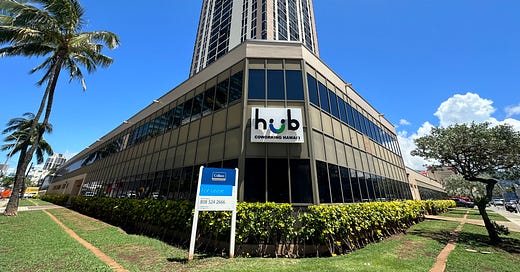Smart Spam: The W.B. Goodwin Community Center
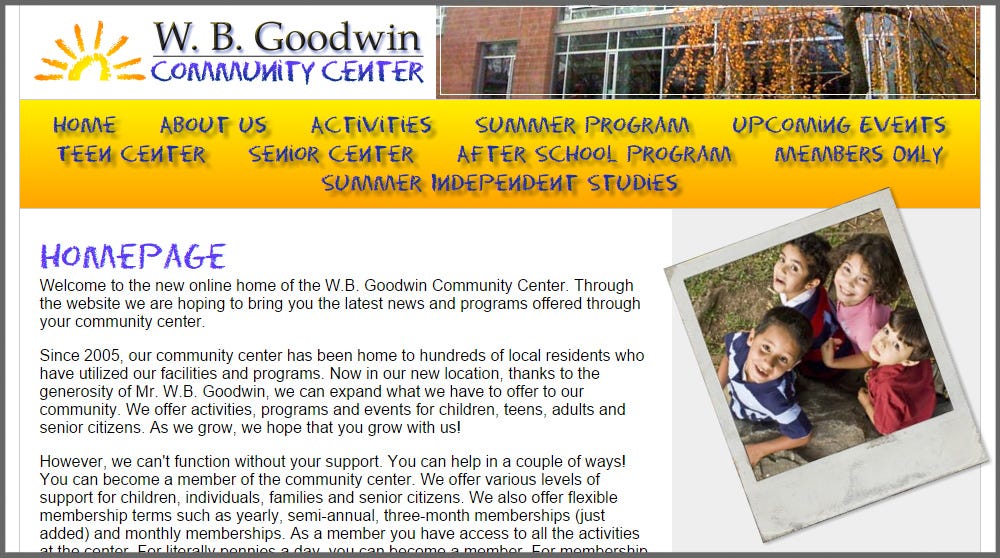
One of the things that comes with running a website — or several websites, many of which have been around for over a decade — is a constant onslaught of link-building spam. It's a familiar email pitch. "You have a great website about {x}. We have a great website about {x}. Won't you please link to our site from your site?" Like all spam, there's a wide range of styles, strategies, and writing quality. But whether they're professional business pitches or incoherent not-quite-English blurbs, after a while you can get good at spotting them, and trashing them.
But a link-building request I got today was so clever, I had to give it some props... even though I still ignored it.
The email came from one Jenny Miller, the program director for a community center, saying that my website was a helpful resource for "the kids." And by the way, here's a link to another page that they found helpful. "Can you include it on your page?" Jenny asks. "Let me know - I'd love to show my group! I meet with them tomorrow!"
I have to admit, I didn't just click "Report spam." It seemed almost authentic. And giving it a second look, some care definitely went into putting the pitch together. The topic "the kids" were studying was explained well, and did tie into the topic of the page on my site being referenced (in this case, ham radio). And while there was no link or blatant invitation to learn more about the community center in question, the email domain and signature pointed to GoodwinCC.org.
I figured they were hoping the use of a dot-org address would add credibility. But surely there wouldn't actually be a website at that domain...
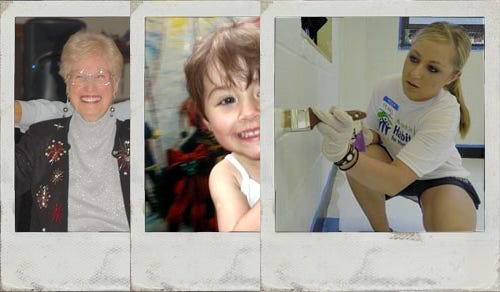
Not only was there a website for the W.B. Goodwin Community Center, but it was a carefully crafted one. The site wasn't just a mish-mash of random English text cobbled together by a robot or reckless copy-and-paste bandit. It looked real. Not too plain, but not too fancy. There were pages for the center's programs for teens and seniors, an after school program, a calendar of events, even a member login page.
Could this be a real community center? It seems to have a rich history, a touching mission to "expand the minds of all the young people that come through the doors," and even an executive director, one Roberta Davidson.
I was impressed. You had to look carefully to note that date references were vague: save half off the membership fee "until the end of the month." Senior bingo on the third of "this month." You'd have to be geeky enough to view the source of the login page to realize it is set up to only generate a login error. And of course there are minor missing details like a phone number, address, or map... the kind of things you'd probably look for if you were going to a community center.
All this work for a link-building operation, and discoverable only by someone curious enough to dig a little further into the backstory of an email message.
I was amused to find that Google's autocomplete suggestions for the "W.B. Goodwin Community Center" included searches for its address and location, meaning that more than a few people tried to research it:
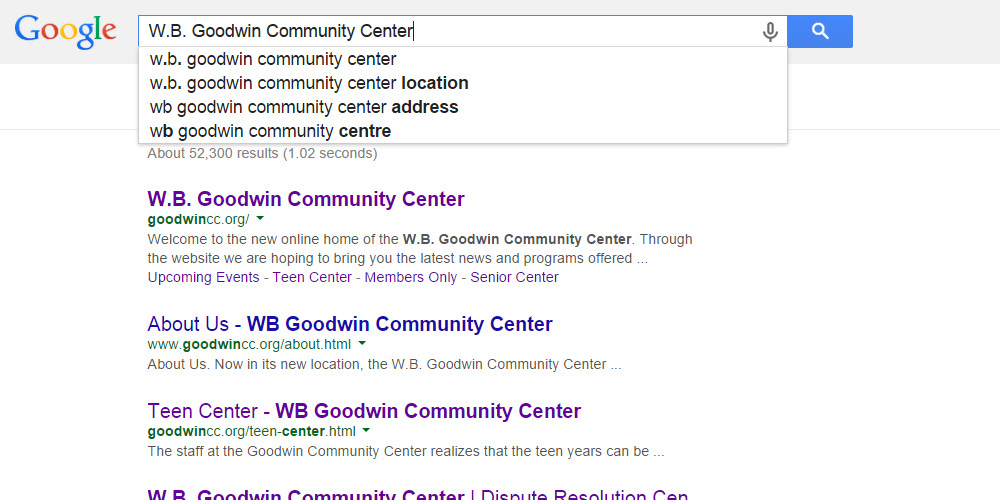
And, of course, I did find other website managers who took the bait.
The Richland Public Health links page cheerfully says: "The following links were provided by Mrs. McCutcheon's Learn to Drive Class! at the W. B. Goodwin Community Center (Thank you: Carter, Julia, Amelia, Sam, Damon, and Markus)." The folks at the U.S.S. L. Mendel Rivers actually included the text of the email from Mrs. Grace McNeil and student Nicole R. on the suggested submarine-related links. Similarly, a set of links to renewable energy resources at Oasis Montana is credited to Mrs. Grace McNeil and one of her students, Jess.
Perhaps all that work building a believable website for an imaginary community center was worth it? Well played, W.B. Goodwin team. Well played.





